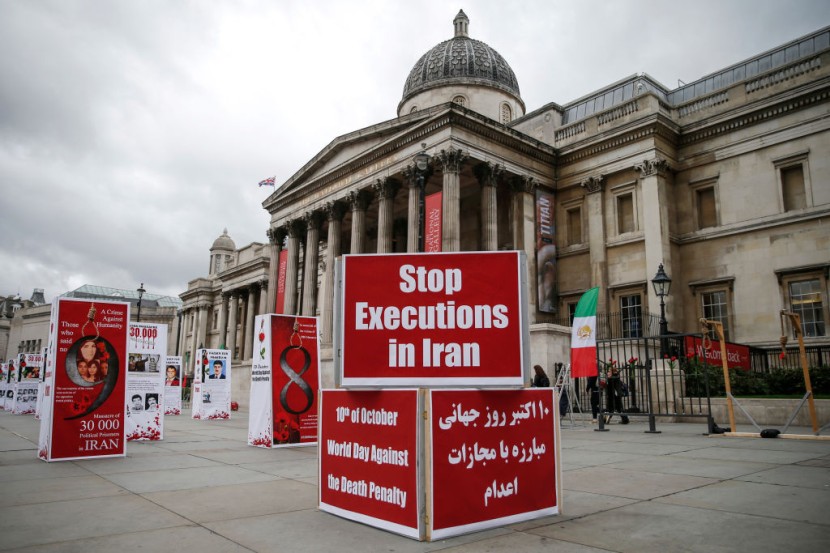
An Iranian daughter executed her mother, who was accused of murdering her husband under a primitive death penalty law that enables children to make exact revenge on their parents. Maryam Karimi was hanged by her daughter on March 13 at Rasht Central Prison after being imprisoned for 13 years.
An Eye for an Eye: Daughter Executes Mother
Karimi was hanged for the murder of her abusive husband with the help of her father. Her daughter, who was six when the killing ensued, took part in the execution after reportedly declining to forgive her or accept "Diya" (blood money).
However, it is believed that the killing of Karimi's husband have actually been carried out by her father, Ebrahim. Because he would not agree to a divorce, Ebrahim Karimi allegedly murdered his daughter's husband. The husband was also reportedly physically threatening towards his wife.
Authorities arrested and charged Maryam with "pre-mediated murder" for her role in the crime. She was executed upon being indicted of "retribution in kind." This is known in Iran as "Qisas" or "an eye for an eye" in the Islamic Republic, reported Mirror.
Karimi's death in Iran is the latest appalling example of the rise in executions conducted in the Islamic Republic. A journalist for Iran International TV and activist described the execution as another "victory for a man" as a woman was acknowledged to end her mother's life while Karimi's father escaped capital punishment.
The victim's next of kin are acknowledged to conduct the execution themselves under Qisas. According to a source who addressed Iran Human Rights, in the course of 13 years, they had told her that her parents passed away, but had to tell her the truth a few weeks before the execution to psychologically prepare her, reported New York Post.
Canada Senate Amends Assisted Dying Bill, Extends Access To Mentally Ill People
It remains ambiguous why Ebrahim, who was forced to witness his daughter's execution, was not executed for his alleged crime. Under the qisas law, relatives are acknowledged to be present for and take part in carrying out the punishment.
Activist and journalist Aram Bolandpaz stated with regard to the case, extreme punishments in Iranian society, four decades of brainwashing at schools, and a patriarchal regime mean that Maryam's daughter had an upbringing to ensure that executing her mother was a victory for a man, whether that be for the oppressive regime or for her father.
She added Qisas is not humane, savaged, and cunning anywhere in the world. For a country that prioritizes the rights of unborn babies and underscores that life is the most valuable phenomenon, she questioned how the Islamic Republic could seize a life from someone in a brutal way.
According to Iran Human Rights Director Mahmood Amiry-Moghaddam, the Islamic Republic laws make a woman whose father was killed when she was a child the executioner of her own mother. Thus, the Islamic Republic is the leading promoter of brutality in Iranian society as of now, reported Daily Star. The use of Qisas has urged calls from the United Nations over the 2020 retribution execution of Iranian champion wrestler Navid Afkari.
© 2026 HNGN, All rights reserved. Do not reproduce without permission.








